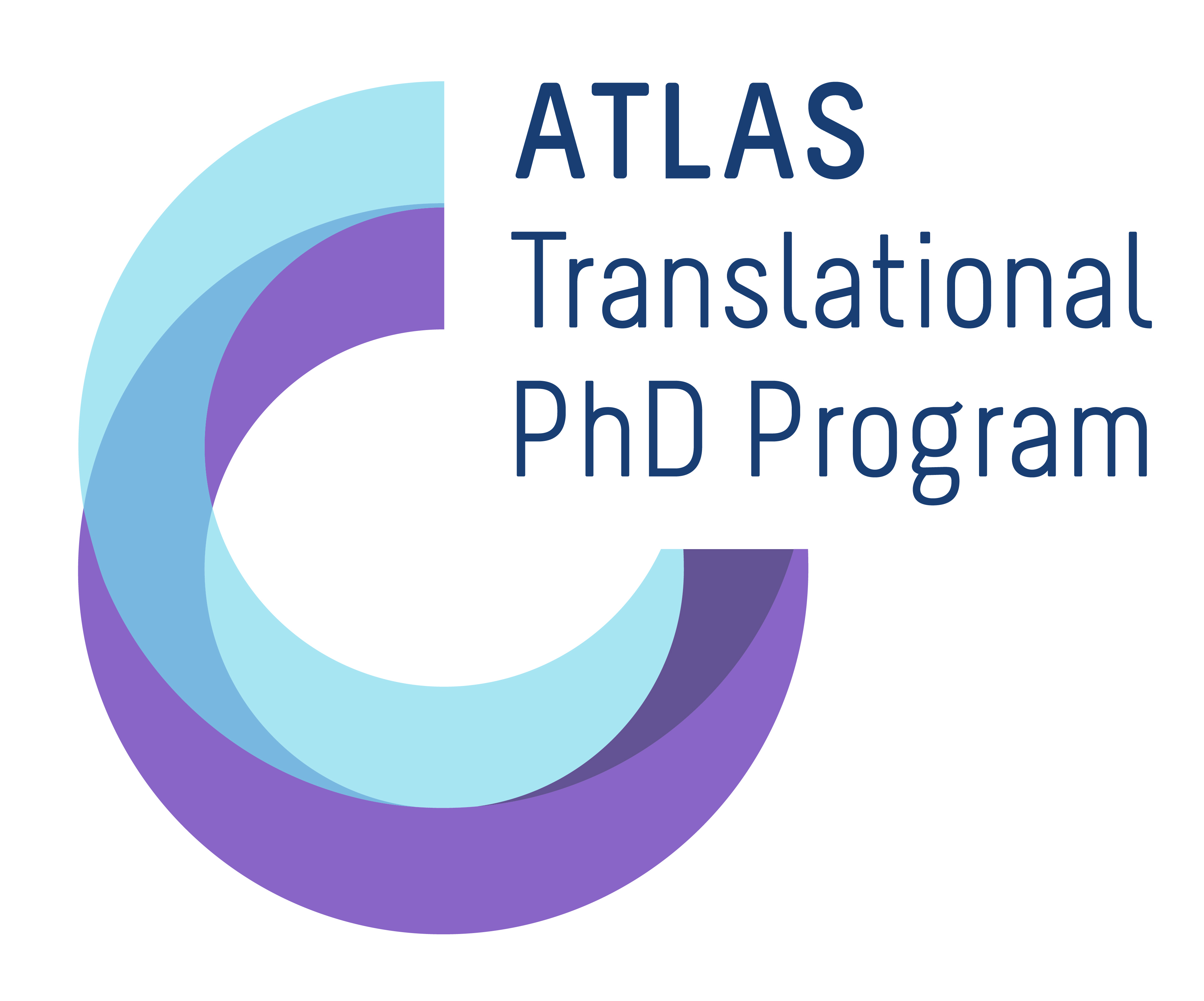Scientific background
Human papillomavirus (HPV) is the most common sexually transmitted infection worldwide, with high-risk subtypes HPV16 and HPV18 causing most cervical cancer cases due to their oncogenic proteins E6 and E7. Prophylactic vaccines are effective but inaccessible to many in low- and middle-income countries, highlighting the need for new strategies to eliminate cervical cancer. Therapeutic vaccines show promise for pre-cancerous lesions and early-stage tumors but are less effective in advanced cancers. Current pre-clinical murine models are limited by the use of immunodeficient mice, lack of orthotopic tumor models, and neglect of early viral alterations in immune and stromal compartments, impeding research translatability.
PhD project description
This project aims to recapitulate the complexity of the HPV infection environment that fosters the development of cervical tumors and devise a dual RNA-based systemic and local vaccination strategy. For this purpose, we will establish an orthotopic hormonally-induced mouse model of cervical cancer enabling the exploitation of local alterations in the tissue immune microenvironment and the stromal compartment under persisting viral infection. The candidate will leverage cutting-edge technologies, including high-dimensional flow cytometry, spatial transcriptomics and mRNA-based therapeutics to explore immune interactions and responses in depth. This will enable the design of novel combined immunotherapy approaches to enhance the anti-tumor effects of both systemic and local immune compartments, engaging components of both the innate and adaptive immune system for more effective treatments.
Required profile of the candidate
The ideal candidate should have:
• A background in (tumor) immunology
• Experience with in vivo work using mouse models
• Experience with flow cytometry
• Experience with virus handling/infection models (as a plus)
We are looking for individuals who are enthusiastic about scientific research, highly motivated, and eager to contribute to our understanding of disease mechanisms and the development of innovative interventions. Join our dynamic research team and contribute to ground-breaking work in understanding and combating cancer!
Publications relevant to the project
Bialkowski, L., van Weijnen, A., Van der Jeught, K., et al. Intralymphatic mRNA Vaccine Induces CD8 T-cell Responses that Inhibit the Growth of Mucosally Located Tumours. Scientific Reports 6, 22509 (2016). doi:10.1038/srep22509
Grunwitz, C., Salomon, N., Vascotto, F., et al. HPV16 RNA-LPX Vaccine Mediates Complete Regression of Aggressively Growing HPV-Positive Mouse Tumors and Establishes Protective T Cell Memory. Oncoimmunology 8, 9:e1629259. (2019). doi:10.1080/2162402X.2019.1629259
Riley, R.R., Duensing, S., Brake, T., Münger, K., Lambert, P.F., Arbeit, J.M., Dissection of Human Papillomavirus E6 and E7 Function in Transgenic Mouse Models of Cervical Carcinogenesis. American Association for Cancer Research Journals 63(16). 4862-4871 (2003).
Roden, R.B.S., Stern, P.L., Opportunities and Challenges for Human Papillomavirus Vaccination in Cancer. Nature Reviews Cancer 18(4):240-254. (2018). doi:10.1038/nrc.2018.13
